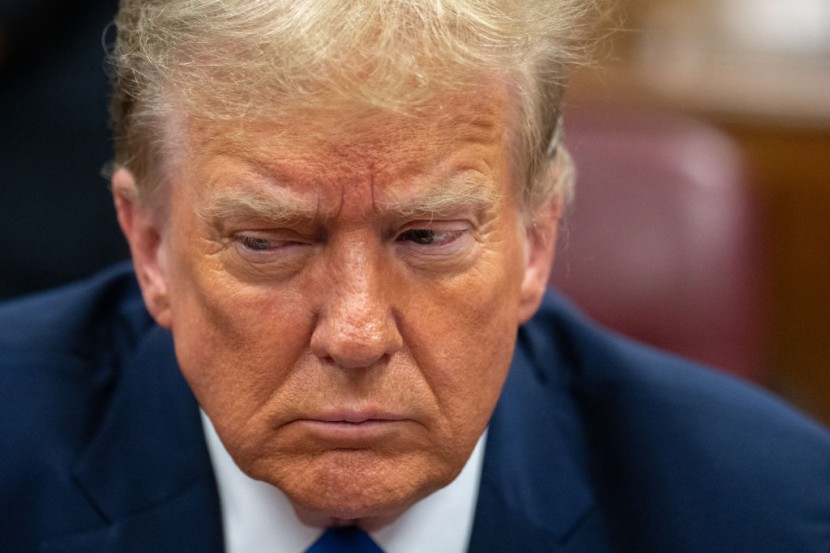
The Supreme Court has ruled 6-3 to limit the obstruction charges against Jan. 6 Capitol rioters, saying the Department of Justice overstepped its authority.
A former Pennsylvania police officer challenged the validity of obstruction charges related to the violence.
Charges were brought against hundreds of people who took part in the violent assault.
The high court's interpretation of the law could impact the pending case against former President Donald Trump who is charged with obstruction by special counsel Jack Smith related to the Jan. 6 attack on the U.S. Capitol.
It is unclear how the decision will impact that case but Smith has previously claimed the court's decision would not affect on charges against the former president.
The high court has not yet ruled on another major case involving Trump centered on absolute immunity claims.
The Supreme Court heard more than two hours of oral arguments in April over whether Trump is immune from prosecution.
Federal prosecutors accused him of plotting to overturn the results of the 2020 presidential election.
Lower courts found he cannot claim immunity for actions that, prosecutors say, illegally sought to interfere with the election results, the Associated Press reported.
Today's ruling comes after Trump was crimally prosecuted in New York related to a hush money case involving payments made to port star Stormy Daniels to allegedly cover up an affair. Trump denies having any affair.
This is a developing story and will be updated.









